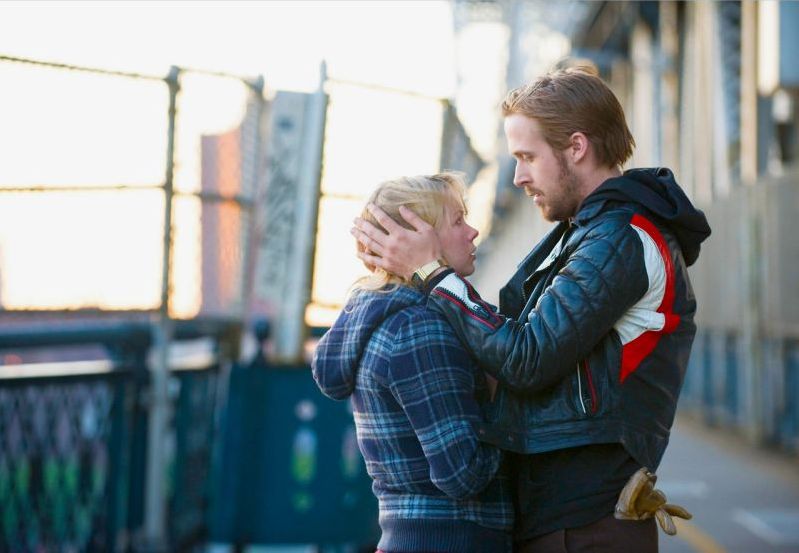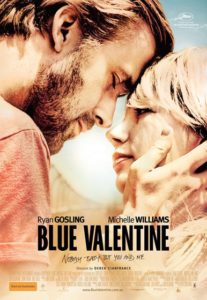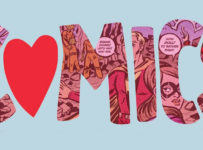There is no easy way to start talking about Blue Valentine, no more than there is an easy way to explain why people fall in love. Yet this is the playground of Derek Cianfrance’s (Brother Tied) film, a story that is as much about breaking up as it is getting together. Yet it is undeniably about love with all of its spots on. Blue Valentine poses questions about the very nature of love, what makes it work and why it falls apart. Already the darling of several festivals around the world, with respective Best Film and Grand Jury Prize nominations at the Gotham Awards and Sundance Film Festival, Australians got their first look at the film at the Brisbane International Film Festival. Taking 12 years to make it from script to screen, it may also be one of the best films of 2010. Have we not built it up too much now?
Unhappily married Dean (Ryan Gosling, Lars and the Real Girl) and Cindy (Michelle Williams, Wendy and Lucy) now only have their young daughter Frankie (natural newcomer Faith Wladyka) in common. In an attempt to re-spark their failing marriage, Dean whisks a reluctant Cindy away for a night in a cheap hotel, desperately trying to rekindle the passion they felt when they first met. Juxtaposed with this is a flood of memories of those earlier happier days, when their younger counterparts met in the big city and fell in love. The night lays open the bare truths of all that has become of their relationship, with the awkwardness of simple intimacy revealing just how big a rift is now between them.
There is a raw immediacy to Blue Valentine. There were no rehearsals and reportedly director Cianfrance rarely shot more than one take. The two leads, who also served as executive producers on this project, give their all in these performances. Indeed, each actor can be said to be playing two characters: the difference between the characterisations of the pre and post-marital couple are so complete, it would be difficult to imagine how these people even got together had we not seen it for ourselves. In many ways, this could be a documentary in which we have been given unprecedented access to the formation and disintegration of a relationship, and all of those places in between that lead up to the end of a marriage. Much like Revolutionary Road, or to a lesser extent the extremes of Who’s Afraid of Virginia Woolf?, the cracks that form in the facade of the relationship become impossible to repair by the time they are visible.
For this reason, Blue Valentine is a difficult film to love on one level, as the subject matter is so depressing and perhaps not the simple love story that people want it to be. There are moments of great intimacy – both emotional and sexual, with the distinction not always clear – and this is never easy to watch. for many, this may cut incredibly close to the bone. However, it is a story of such personal and intimate intensity that it is difficult not to be affected by it on at least some level, and those who allow themselves to be open to Blue Valentine will find it immensely rewarding and touching. Much like falling in love really.
As devastating as it is beautiful, Blue Valentine is a film to savour. Films such as this don’t come along very often, and the hidden beauty (and horror) of the film will only be revealed the more one contemplates the respective contributions to the breakdown. It is rare that a film dubbed a romance is actually romantic, and a drama is all too often melodramatic. Yet Blue Valentine finds the hidden truths that lie between the moments of falling in and out of love.
Blue Valentine will be released in Australia on 26 December 2010, and is set for a limited release in the US from 31 December. The film originally received a NC-17 rating in the US for an “emotionally intense sex scene”, but that has been reviewed to the less harsh R rating by the MPAA on the very day that this review was written.






No Responses